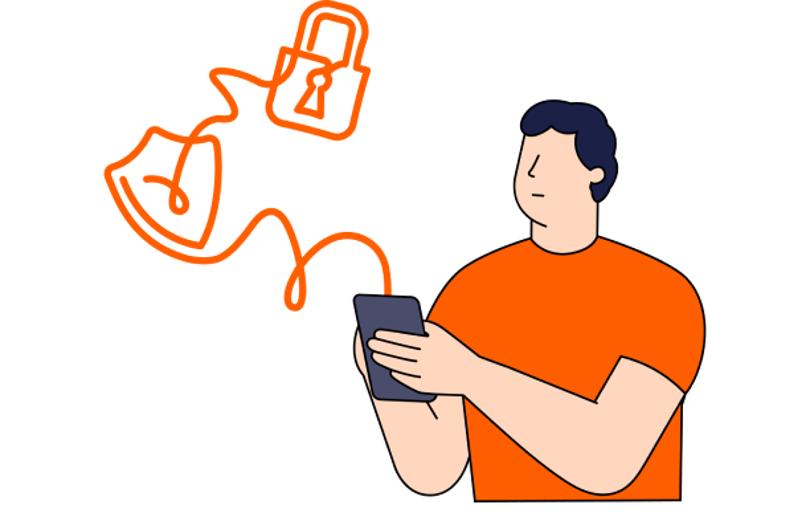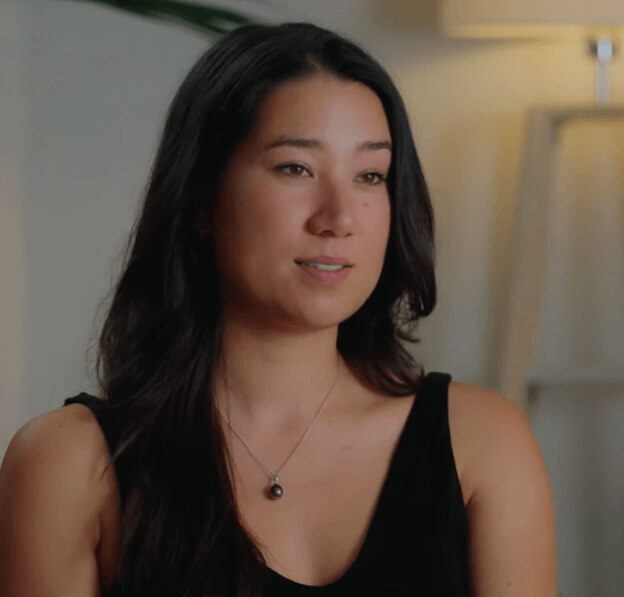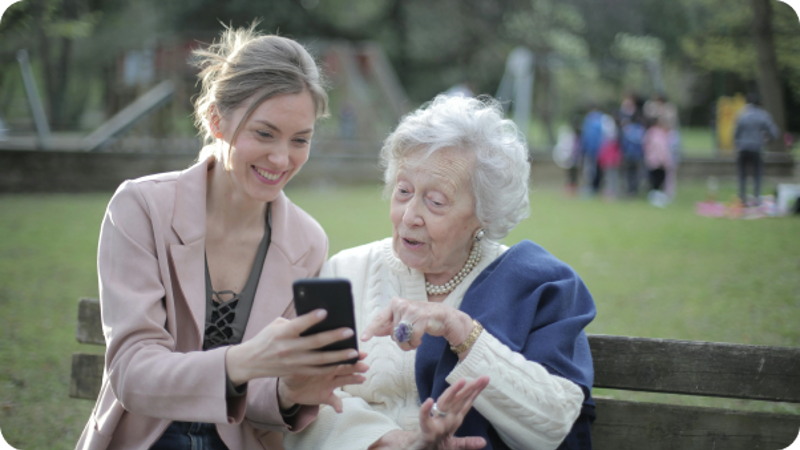Advice if you're affected by someone’s gambling

To support someone experiencing gambling harms, you must also take care of yourself. If someone’s gambling is affecting you in any way, there’s help and support available for you.

You do not have to be alone with your emotions. It can help to talk to someone who you trust about what you’re going through.
Opening up about how you’re feeling can make a big difference to your wellbeing. Other people might also help you to see things from a different perspective and offer their support.
It can be easy to forget your own needs while you’re helping someone else experiencing gambling-related harms, but please remember that your wellbeing is just as important.
If you need support, or would just to talk to someone about what you’re facing, the National Gambling Support Network are here to listen, 24/7. They offer treatment, advice and support for anyone affected by gambling. All their services are free, non-judgmental and confidential.

Watch Maia's story (6 mins 48 secs)

Watch Maia's story (6 mins 48 secs)
If you’re worried about someone’s gambling, you might be experiencing difficult emotions. For example, you might be feeling angry, hurt or betrayed if they’ve lied or tried to hide their gambling from you. It might feel like it’s wrong to have these emotions, but it is completely normal.
However you’re feeling, it’s important to not blame yourself or the other person.
Try not to set too many boundaries with the person who gambles until they’ve entered treatment and recovery with a support professional. Once you’ve found the right support, together you can work through the next steps.
You might not always be able to help another person, but there are always things you can do to set limits and clear boundaries with yourself.


When supporting someone else with gambling harms, it’s important to take time out for yourself to process your own emotions. Communicate how much time you need and dedicate that time to looking after yourself.

If you’re living with someone who is experiencing gambling harms, you may wish to block gambling from all devices in your household.
People often put their own needs to the side when trying to help someone else. But if you neglect your needs, it can have a negative effect on your own physical and mental wellbeing.
Looking after your wellbeing is very important, as it will help you to cope better in difficult circumstances. There are several self-care activities you could try.
It’s easy for our minds to wander, especially when we’re worried about someone else. The NHS has advice on practicing mindfulness and how it can help you to manage what’s on your mind in a way that does not overwhelm.
Be kind to yourself and make time for you. Spend time on activities that you find relaxing. You could read a book, go for a walk, or run a hot bath.
Difficult emotions can make it easy for us to reach for the kitchen cupboard. But sugary foods, fatty snacks or alcohol will not help you feel any better in the long run. Try eating foods that you know are good for you – they’ll make you feel good too.
Exercise is good for the body and the brain. You could try running, cycling or joining an exercise class. Getting some fresh air can make a big difference to your wellbeing.
You might find it helpful to spend time with friends and family. If you feel comfortable, opening up and talking with them about how you feel might also help.
We know that problems with gambling can cause a strain on finances for you, as well as the person who gambles.
You're not alone. There are many things that you can do for yourself to protect your finances.
If the person who gambles is experiencing debt and has borrowed money in your name without your permission, this is illegal. You do not need to pay it back yourself.
Find out if you’re responsible for debt with Citizens Advice
There are also a range of free services that can support you with budgeting and finance, if you need it.
